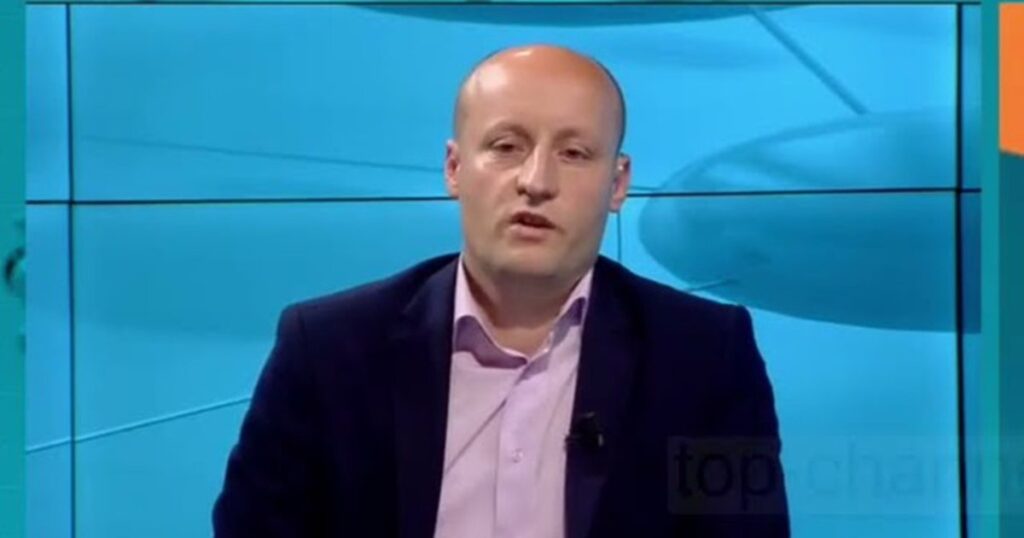Albania Struggles For Transparency as corruption and political divisions hinder accountability and reforms. Despite growing public pressure, only 5 of 24 anti-corruption recommendations were implemented in 2023, highlighting systemic issues. Experts stress judicial reforms to restore trust in Albania’s institutions.
Limited Progress in Anti-Corruption Efforts
Albania faces ongoing challenges in its fight against corruption. In 2023, the Group of States against Corruption (Greco) reported that Albania successfully implemented only five of 24 recommendations. Alarmingly, the government has ignored six recommendations entirely. The European Court of Human Rights (ECHR) has also convicted Albania in 71 cases for violating human rights. Almost half of these cases involved Article 6, which protects the right to a fair trial.
These findings expose serious shortcomings in Albania’s legal and governance systems. They also emphasize the need for swift reforms to address these persistent issues.
Political Divisions Worsen Accountability
In Albania, political conflicts often escalate into fierce rivalries. Politicians frequently use accusations and biased media reports as weapons against opponents. As a result, the public struggles to differentiate truth from manipulation. This toxic environment erodes trust in political and legal institutions, making accountability even harder to achieve.
To address these issues, experts recommend reforming the judicial system. Removing political influence over appointments to the Constitutional Court and the Judicial Council would create a fairer, more transparent process. Such steps could improve public confidence in these institutions.
Growing Public Pressure for Change
Despite these obstacles, public demand for reform is increasing. Analyst Strati notes that citizens are now pushing harder for accountability. However, he also warns that challenges persist. Judges, prosecutors, and oversight officials must abandon outdated practices and fully embrace democratic principles.
Political corruption remains a significant issue as well. For example, former Deputy Prime Minister Arben Ahmetaj faces charges of money laundering and falsifying financial disclosures. Instead of cooperating with authorities, Ahmetaj fled the country and reportedly hired a U.S. lobbying firm for $150,000 to defend his reputation. Media sources claim he currently resides in Lugano, Switzerland.
Albania’s path to transparency and reform remains challenging. However, growing public awareness and pressure could pave the way for meaningful changes. By prioritizing structural reforms and ensuring accountability, the country can begin to rebuild trust in its institutions.
